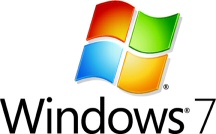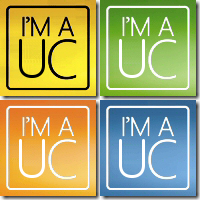An alternative to Windows 7 E may be on the cards in Europe
It is hardly surprising to discover that a new alternative mechanism to “E” (referred to as a “consumer ballot screen”) may become accepted by the EU commission. I’d imagine that the EU have realised that without a browser at all you really are in trouble!
Taken from the Europa site:
Antitrust: Commission welcomes new Microsoft proposals on Microsoft Internet Explorer and Interoperability
The European Commission can confirm that Microsoft has proposed a consumer ballot screen as a solution to the pending antitrust case about the tying of Microsoft Internet Explorer web browser with Windows. This followed extensive discussions with the Commission which centred on a remedy outlined in the January 2009 Statement of Objections (see MEMO/09/15) whereby consumers would be shown a “ballot screen” from which they could – if they wished – easily install competing web browsers, set one of those browsers as a default, and disable Internet Explorer. Under the proposal, Windows 7 would include Internet Explorer, but the proposal recognises the principle that consumers should be given a free and effective choice of web browser, and sets out a means – the ballot screen – by which Microsoft believes that can be achieved. In addition OEMs would be able to install competing web browsers, set those as default and disable Internet Explorer should they so wish. The Commission welcomes this proposal, and will now investigate its practical effectiveness in terms of ensuring genuine consumer choice.
As the Commission indicated in June (see MEMO/09/272 ), the Commission was concerned that, should Microsoft’s conduct prove to have been abusive, Microsoft’s intention to separate Internet Explorer from Windows, without measures such as a ballot screen, would not necessarily have achieved greater consumer choice in practice and would not have been an effective remedy.
Microsoft has also made proposals in relation to disclosures of interoperability information that would improve the interoperability between third party products and Windows and Windows Server. Again, these proposals require further investigation before the Commission reaches any conclusion as to the next steps.
Microsoft’s proposals will be published in full on its website.
The Commission has no further comment at this stage.
Source: here





